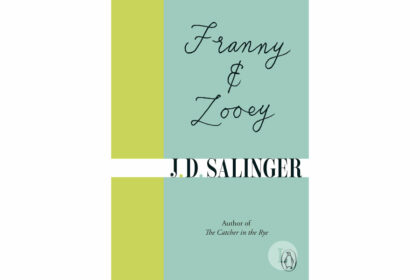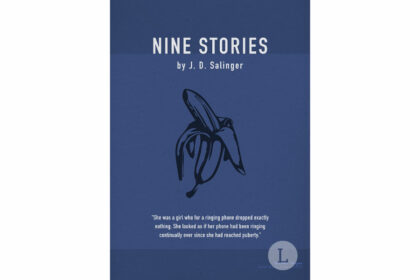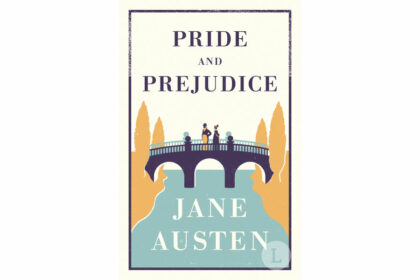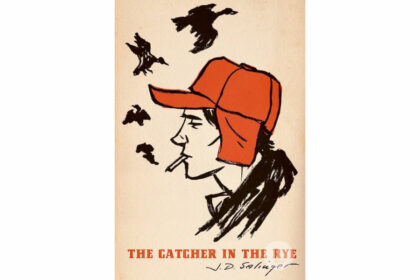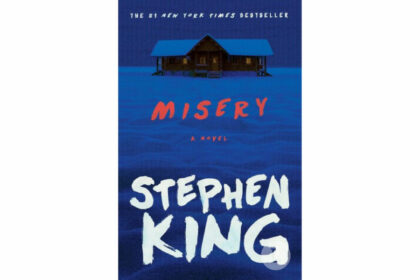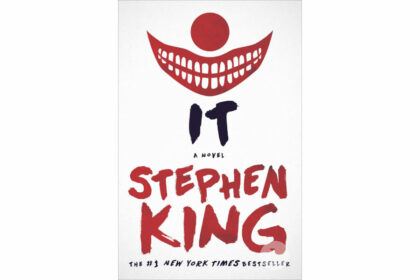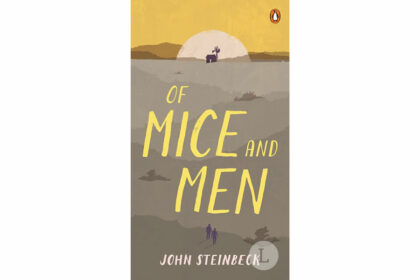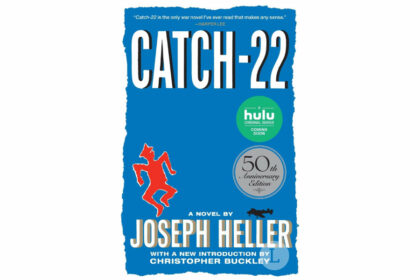A Perfect Day for Bananafish is a short story by acclaimed American writer J.D. Salinger, best known for his novel The Catcher in the Rye. First published in The New Yorker in 1948, the story is the first in Salinger’s …
J. D. Salinger: A Perfect Day for Bananafish



